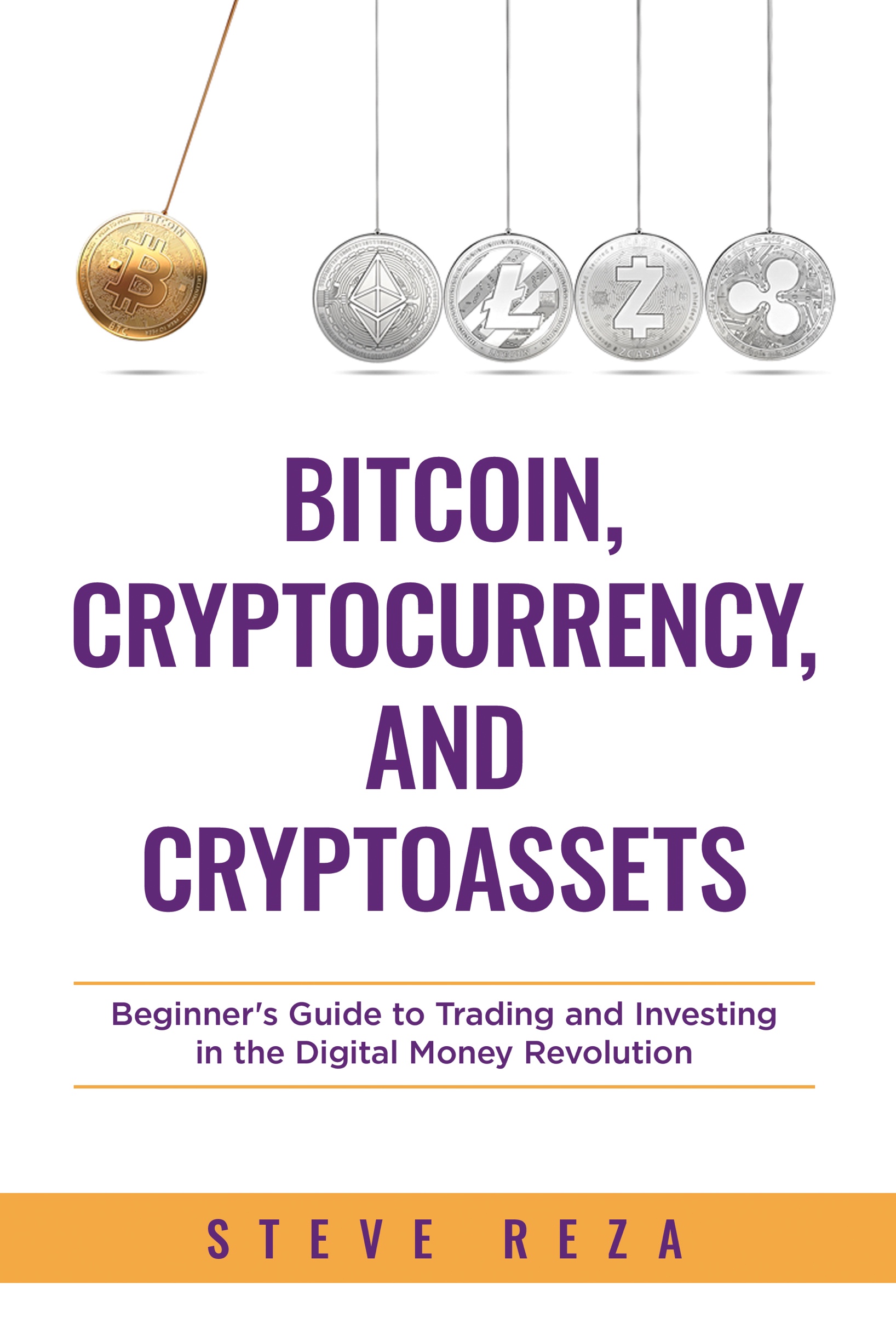 Bitcoin, Cryptocurrency, and Crypto assets By Steve Reza
Bitcoin, Cryptocurrency, and Crypto assets By Steve Reza
2021, Unica Communications Disclaimer: The information provided in this book is for informational purposes only and is not intended to be a source of advice or credit analysis with respect to the material presented. The information and/or documents contained in this book do not constitute legal or financial advice and should never be used without first consulting with a financial professional to determine what may be best for your individual needs. The publisher and the author do not make any guarantee or other promise as to any results that may be obtained from using the content of this book. You should never make any investment decision without first consulting with your own financial advisor and conducting your own research and due diligence. To the maximum extent permitted by law, the publisher and the author disclaim any and all liability in the event any information, commentary, analysis, opinions, advice and/or recommendations contained in this book prove to be inaccurate, incomplete or unreliable, or result in any investment or other losses. Content contained or made available through this book is not intended to and does not constitute legal advice or investment advice and no attorney-client relationship is formed.
The publisher and the author are providing this book and its contents on an as is basis. Your use of the information in this book is at your own risk. Unica Communications C/O Joven Tel, Inc. 236 Pritchard Rd. Hamilton, ON L8W 3P7 Canada unicacommunications.com Part 1: Crypto 1.1 Introduction The digital world is like a parallel universe: it exists within our world, it has permeated our thinking and our society, and in so many ways has opened up a world of new possibilities in communication and information, and what is finance but essentially the intersection of both? At its very basic level, cyberspace is a universe of the mind. It is a fascinating time that we live in: To witness the rise of the personal computer and the integration of the internet into daily life has been a fantastic ride so far.
With the development of Bitcoin, Satoshi Nakamoto has effectively created a protocol that marries the internet with finance - a broad term for all of it is MoIP (Money Over Internet Protocol). Bitcoin was not the first to attempt this, but it was the first to effectively solve a problem that most people didn't realize existed: the issue of trust. A cutting-edge intersection of computer science and finance, the key element that made Bitcoin different, and has accelerated its success, was the idea of decentralization. No one person, group, company, or country should control what would become a global exchange of value. This book is to be a beginner's guide to cryptocurrency investing, so we will attempt to break down every concept into its most fundamental puzzle pieces to reassemble them in a way that makes the overall picture much more straightforward. If you wonder what cryptocurrencies are, what all the hype is about, and most importantly, how you can profit from this technology revolutionizing how the world does business.
In that case, this book will set you on a path of a much deeper understanding of how it all works and can fit into your investment strategy for a brighter future. This book should be a jumping-off platform into this wonderful and wide-reaching technology space as a beginner's guide. Still, it cannot be stressed enough that continuous learning and adaptation will be the cornerstone in understanding the constantly evolving state of the market and its innovations. This book is not intended to be construed as financial advice but simply as an educational tool to open the door and equip you with the criteria and processes to make better-informed decisions based on the information available to you at the moment of execution. It will be said, and reiterated many times, that while the crypto space is a fascinating technology and an exciting investment prospect, it is also highly volatile and innately risky at the best of times. As you read this book, please remember that I will refrain as much as possible from recommending individual assets, wallets, or exchanges to avoid the unnecessary hype machine that already pervades the market.
You won't need to listen to the noise to decide what to invest in by the end of this book. It will equip you with the knowledge and skills to make up your mind what's best for your portfolio at the time. 1. 2 What does Crypto-___ Mean? In this shared imaginary mental universe of cyberspace, cryptography is the structure of locks and keys for providing security in a digital environment. What is currency? It is a mutually agreed-upon value assigned to an arbitrary asset, i.e., a piece of paper with a promise - regulated by a country's central bank whose currency it belongs. A value can be intrinsic or perceived.
What is value? And what is the difference between intrinsic and perceived value concerning trading assets?  What is a cryptocurrency? A decentralized digital exchange of value may be monetary, but it can be much more than that, as we will see in examining case studies for different assets. The transition from asset-backed currency to fiat currency What does fiat mean? By definition, it means "creation by proclamation." Picture when God said, "let there be light, and it was." That's essentially what a fiat currency is; a government or bank says it is, and it is. That's it, in a nutshell, and the citizens of the country agree on it by using it. It seems like an absurd oversimplification. However, there was a time when currencies were backed by a more significant value holder, like gold or silver. Since moving away from this "gold standard," the only thing left to back the money that we use is the promise of a government-run central banking system.
What is a cryptocurrency? A decentralized digital exchange of value may be monetary, but it can be much more than that, as we will see in examining case studies for different assets. The transition from asset-backed currency to fiat currency What does fiat mean? By definition, it means "creation by proclamation." Picture when God said, "let there be light, and it was." That's essentially what a fiat currency is; a government or bank says it is, and it is. That's it, in a nutshell, and the citizens of the country agree on it by using it. It seems like an absurd oversimplification. However, there was a time when currencies were backed by a more significant value holder, like gold or silver. Since moving away from this "gold standard," the only thing left to back the money that we use is the promise of a government-run central banking system.
Which cryptographic techniques do they use to secure our funds? Where are their technologies' whitepapers? That transition keeps moving forward. The majority of the world's population uses a cell phone, making it a genuine possibility shortly where everyone on earth has access to the internet as a utility. "Banking the unbanked" Not only does Crypto have a great deal to offer those who are using traditional banking as an alternative or add-on, but it may provide transaction capability to those who have not been previously using banks. For example, in Venezuela, where bitcoin became used for daily purchases when the country's currency devalued. Here lies the key to the purpose and the very reason for the existence of Crypto - and that is trust, or more aptly, the lack of it. Zero trust is an assumption made by cryptographers.
Yet with traditional currencies, all trust lies with a Central Bank, ruled by (some would theorize ruling) governments. Here is a logically slippery slope: Do people trust the government to have their best interests at heart, and do they trust them to manage with fiscal responsibility? We do, inherently, so long as we keep using their currencies because we have to. There were no other alternatives - until recently, that is. This is why so many believe that cryptocurrency is no fad - it has already, and will continue to, reshape the way the world transacts business the way the internet has changed how we communicate. It is a paradigm shift with far-reaching repercussions in all aspects of the world, from the personal to the geopolitical. "Black box" trading starting in the 1980s and was subsequently blamed for the crash of 1987 due to its novelty and apparent unfair advantage. "Black box" trading starting in the 1980s and was subsequently blamed for the crash of 1987 due to its novelty and apparent unfair advantage.
Next page
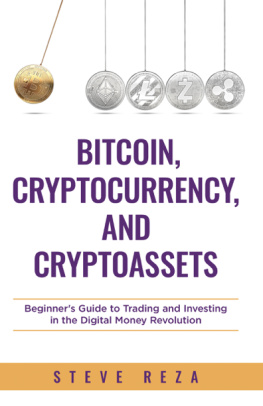
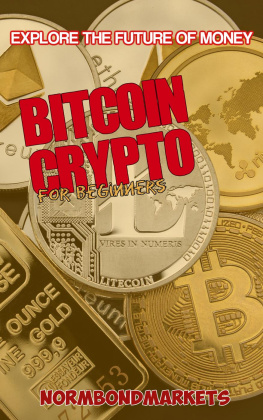
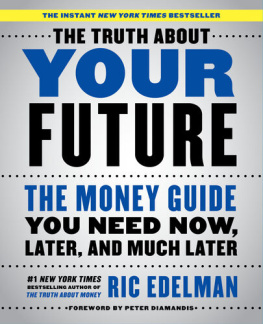
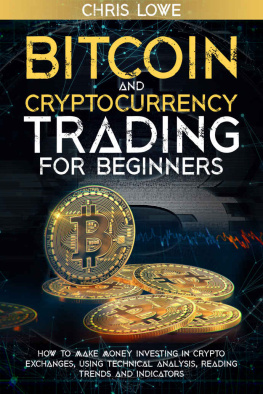
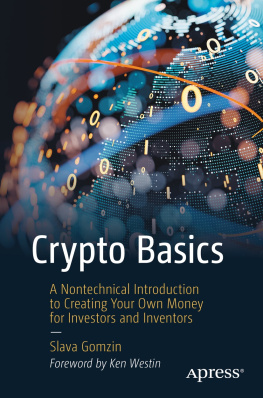
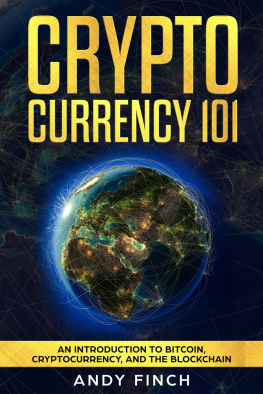


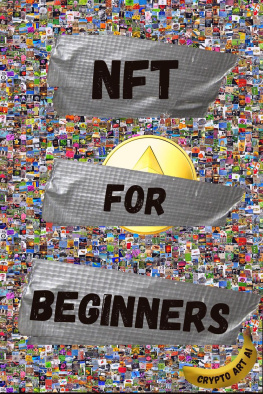
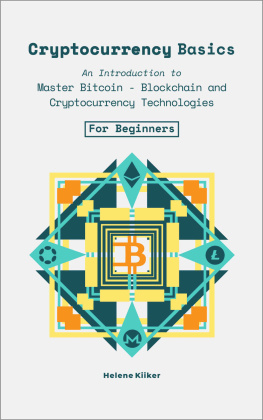
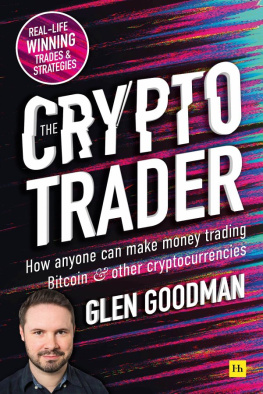
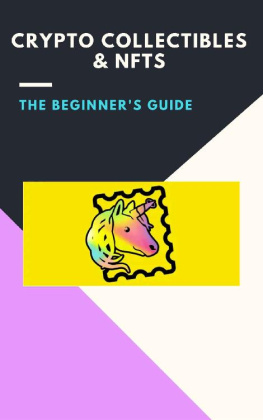
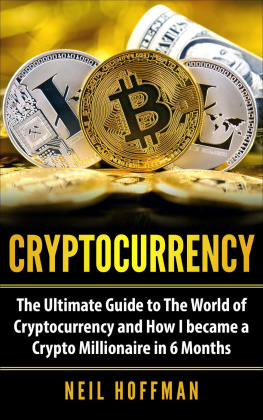
 Bitcoin, Cryptocurrency, and Crypto assets By Steve Reza
Bitcoin, Cryptocurrency, and Crypto assets By Steve Reza What is a cryptocurrency? A decentralized digital exchange of value may be monetary, but it can be much more than that, as we will see in examining case studies for different assets. The transition from asset-backed currency to fiat currency What does fiat mean? By definition, it means "creation by proclamation." Picture when God said, "let there be light, and it was." That's essentially what a fiat currency is; a government or bank says it is, and it is. That's it, in a nutshell, and the citizens of the country agree on it by using it. It seems like an absurd oversimplification. However, there was a time when currencies were backed by a more significant value holder, like gold or silver. Since moving away from this "gold standard," the only thing left to back the money that we use is the promise of a government-run central banking system.
What is a cryptocurrency? A decentralized digital exchange of value may be monetary, but it can be much more than that, as we will see in examining case studies for different assets. The transition from asset-backed currency to fiat currency What does fiat mean? By definition, it means "creation by proclamation." Picture when God said, "let there be light, and it was." That's essentially what a fiat currency is; a government or bank says it is, and it is. That's it, in a nutshell, and the citizens of the country agree on it by using it. It seems like an absurd oversimplification. However, there was a time when currencies were backed by a more significant value holder, like gold or silver. Since moving away from this "gold standard," the only thing left to back the money that we use is the promise of a government-run central banking system.